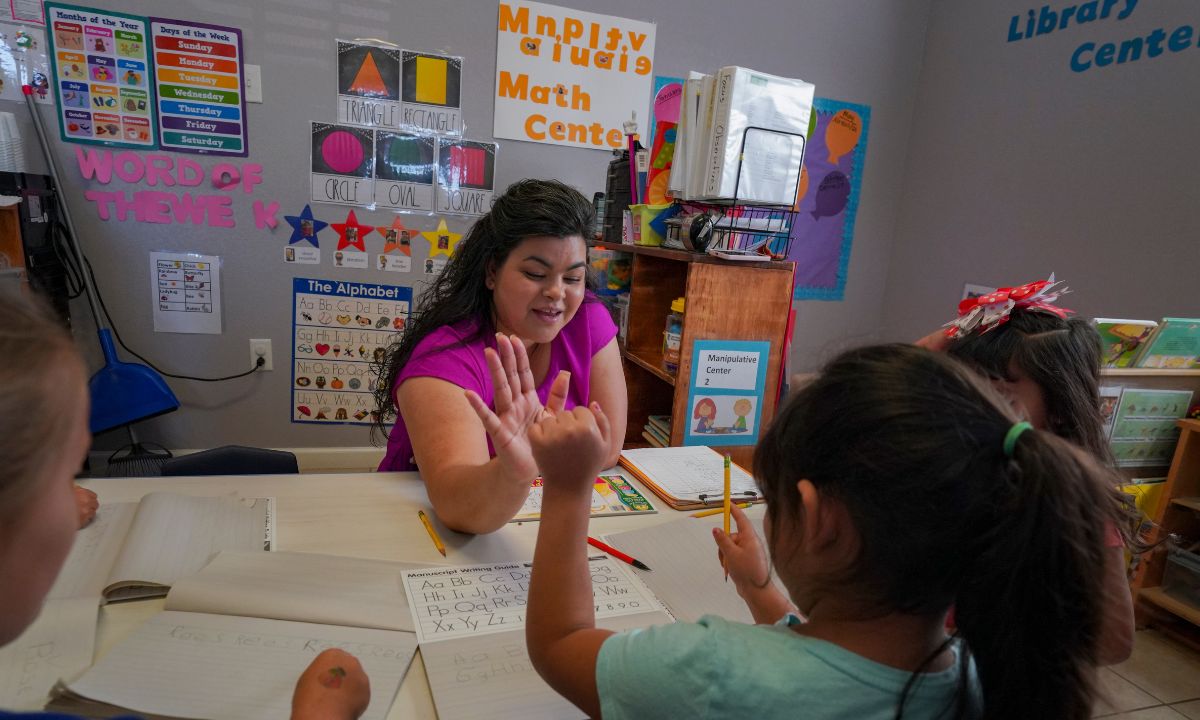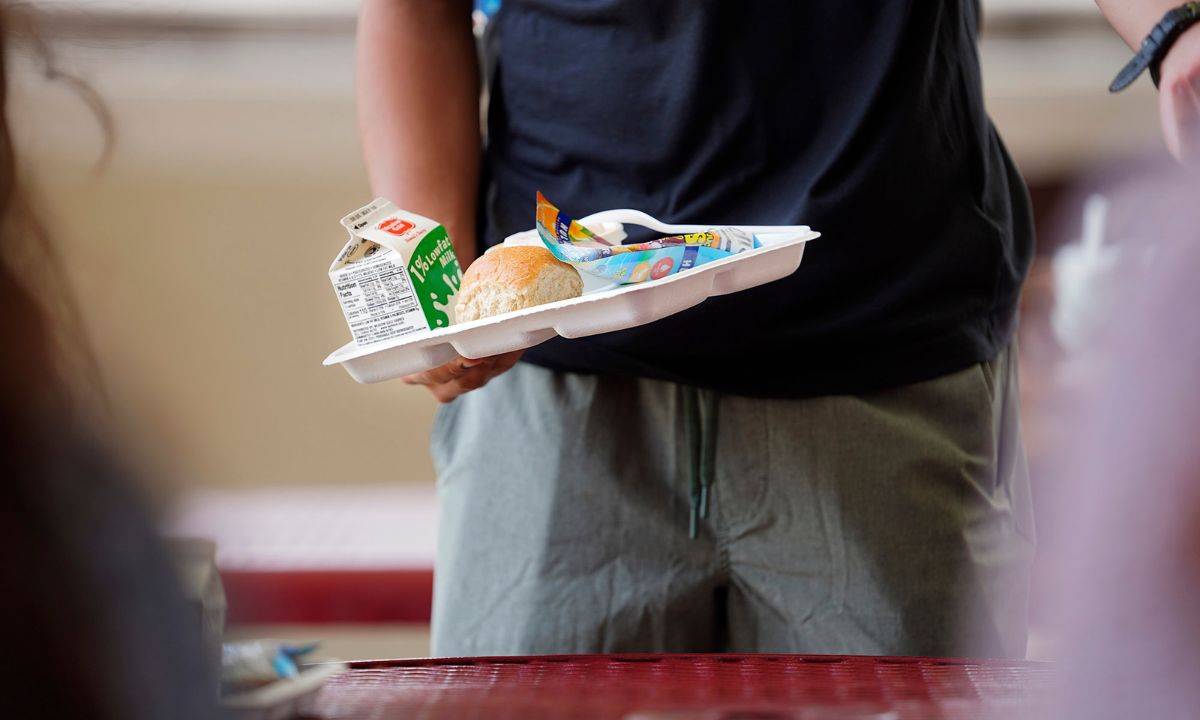Register right away.
According to a recent research, the percentage of child care providers who find it difficult to cover necessities like housing, food, and medical care is increasing.
In 2021, the RAPID project of the Stanford Center on Early Childhood began surveying child care providers nationwide after almost 40% of them reported having difficulty paying for a basic necessity.
That increased to about 70% in March of this year, the greatest level since the project’s inception.
According to Philip Fisher, director of the Stanford Center on Early Childhood, we have begun discussing some of these findings as if they were the canary in a coal mine.
According to Fisher, child care providers are among the lowest paid workers in the nation, thus economic hardships like the growing cost of food are more felt by them than by others. For their child care centers, providers must purchase items like food and diapers, which depletes their revenue. Many have been forced to decide to shut down their facilities.
Where are the biggest problems?
Almost two-thirds of childcare providers reported that health care was a major strain this past spring, making it one of the most noticeably deteriorating issues for them. Nearly 37% of California’s child care providers were insured by Medi-Cal in 2023.
Most childcare providers also said that they had trouble paying for utilities.
According to Fisher, the reason those two are at the top is because providers frequently spend their meager resources on necessities like food and housing.
People nevertheless make an effort to obtain food, even if they are missing meals. However, energy bills usually disappear quickly, and health care is another item that usually disappears since people are focusing on other things at that time, he said.
The growing numbers, he continued, indicate that economic issues such as low wages and increased living expenses are getting worse.
“I think it’s really evident from this data that the people we rely on to give our children loving, high-quality care are actually making so little money that it’s really hard for them to make ends meet,” he added.









